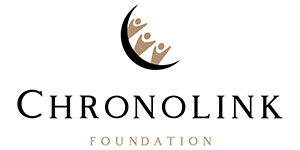Until the present, no specific cause that triggers ASD is known. Research indicates that autism arises from a combination of genetic, non-genetic influences, and various environmental factors. This whole scenario, with several factors that are present, seems to increase the risk of a child being affected by autism. But it must be clearly understood that a certain degree of risk is not synonymous with the identification of the cause. Specifically, from a genetic point of view, some gene changes that are thought to be associated with autism are also found in people who are not affected by this disorder. At the same time, there is evidence that if a parent carries one or more of these genetic changes, they appear to be passed on to the child. In other cases, those changes at the level of genetic information occur spontaneously during the development of the embryo or at the level of female and male sex cells, before the moment of conception. It should be taken into consideration that all these changes do not invariably cause ASD, but only provide a predisposition.
In the specialized literature, there are mentions of environmental factors that can increase or reduce the risk of autism, factors that overlap with genetic predisposition, but their level of influence is considered low. Thus, advanced parental age, pregnancy and birth complications such as extreme prematurity, low birth weight, or multiple pregnancies appear to affect the risk of autism, while supplemental treatments (vitamins, especially folic acid) during the nine months they have the role of reducing the risk of disorders in the autistic spectrum.
THE CONNECTION BETWEEN VACCINES AND AUTISM
Much talked-of in recent years, the link between the administration of vaccines to children and the occurrence of autism has no medical basis.
Extensive research over the past 20 – 25 years shows that there is no causal connection between vaccines and the occurrence of autism spectrum disorders.



